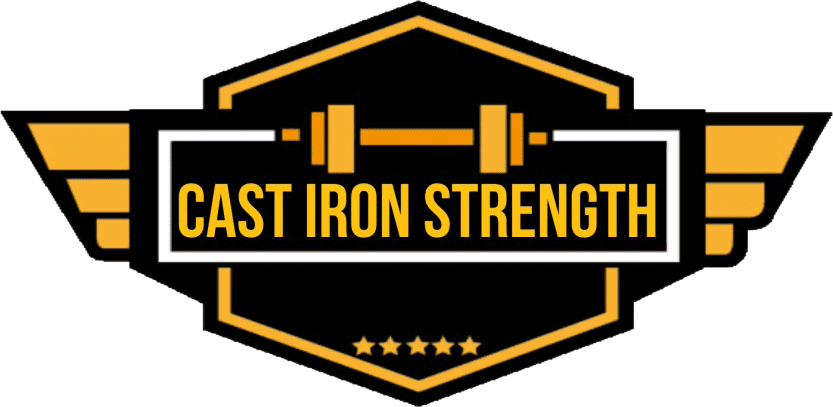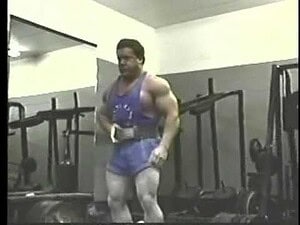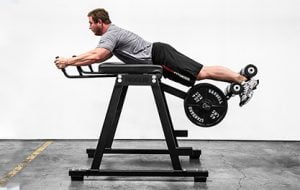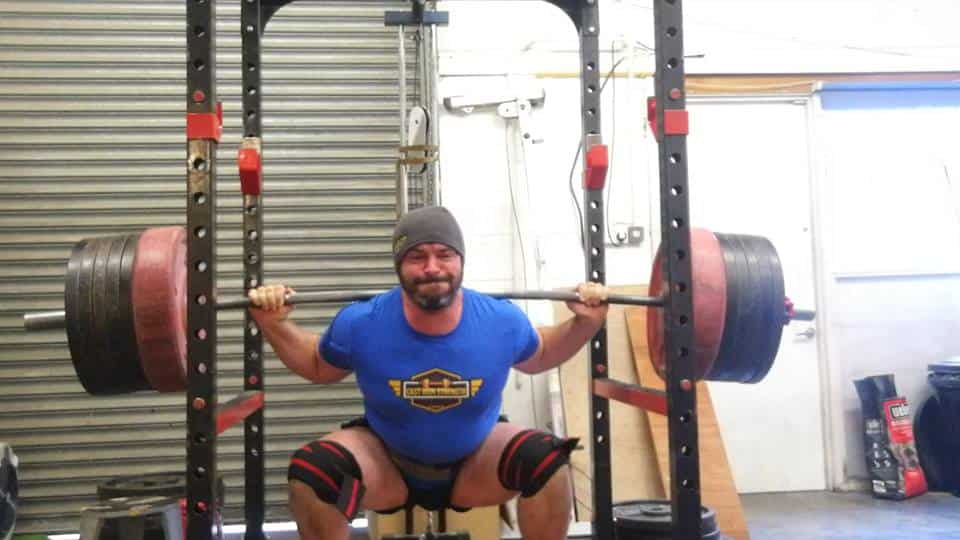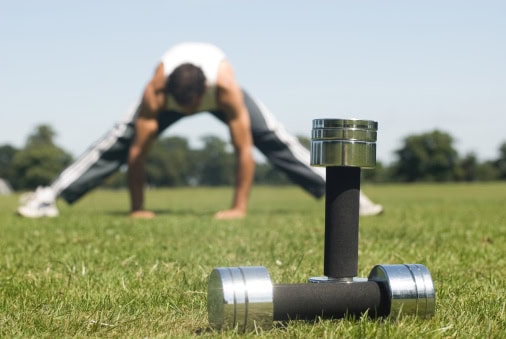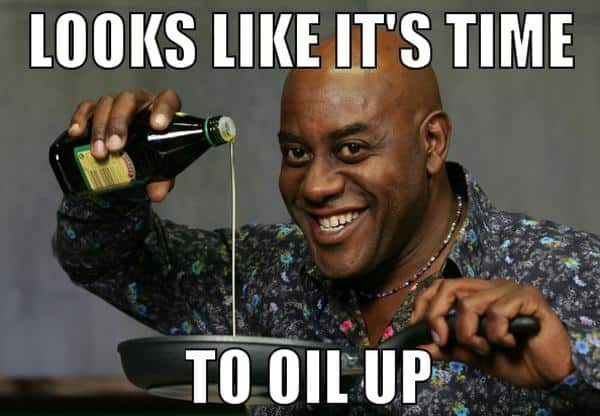I started training as a teenager sometime in the mid 1990’s; started helping others with their training round about 1998 and opened my first gym just after the start of the current millennium. I’ve worked for clean athletes, chemically assisted athletes, strength based athletes, distance runners, throwers, field sports players, golfers, basketballers; every kind of person from Powerlifters to desert ultra-marathoners, from junior players on local teams to Masters athletes in world championships, from “meatheads” to “lungs-on-sticks” has had the mixed fortune of working with me at some point. I don’t quite have that Dan John style grizzled wisdom, but I think I’ve picked up a thing or two over the years and I’d like to share some of them with you in some Blogs.
Some will apply to athletes, some to would be coaches, and some are more of the “life lesson” variety. I hope they can help you avoid some pitfalls, or at the very least, give you a laugh!
Lesson 1.
You probably don’t know anything much.
(Don’t worry, neither do I.)
Back in the day when I was the kind of elitist snot nosed twit who thought that strength training was somehow an important thing in the grand scheme of the world just because I personally happened to enjoy it, I read a few books. Ok, maybe more than a few. And maybe ”read” really means “memorized”, but that’s just being picky. I had a copy of “Supertraining” that was more dog eared than the Mayfair under my bed. I was constantly on internet forums, chatting away with world class throwers, strongmen, Powerlifters and other coaches, debating with the kind of zeal and certainty that can only be mustered by an idiot. I read every article, watched every video I could find from the “in” guys of the day. I soaked it up, and spat it back out. I did some qualifications and passed them with a high mark. I was writing for websites, training magazines and so on, people were coming to me to help them and praising me when I did. This led me to believe I was knowledgeable.
Then for my 21st birthday present I got the gift of flights to Denver, Colorado, to go and meet up and train with a lifter who had been helping me, and one their friends. I won’t potentially embarrass the lifter by naming them but the friend was the late Mel Siff.
I came back from that trip with the absolute certainty that I knew nothing.
Let me elaborate.
On arriving at Mel’s facility/home we rang the doorbell and were immediately met with the sound of an angry, snarling dog. The barking intensified in closeness and ferocity until, just as the door latch clicked, it fell silent and we were greeted by a smiling Mel. No dog to be seen.
We exchanged bewildered pleasantries and headed down the corridor toward the main training area, passing an NHL hockey player who was in residence along the way. I’m 6 foot 1 and at the time weighed around 130kg but I was very aware that as we shook hands it probably looked a lot like an adult taking a child’s hand to cross the road. The guy’s hands were about 6 inches across, his wrists were as thick as my elbow and his traps, upper back and forearms had more muscle thickness than my entire body. I was very aware that I was not in Kansas anymore. This was the land of Giants.
Cue the dog barking again, this time from right behind me. In the Scot’s parlance, I just about shat masel with fright. Spinning around expecting to be met by some Cerberus like hound of death, I instead got Mel, one hand over his mouth, thumb and pinky manipulating the front of his neck, somehow producing this terrifying barking in between stifled laughter. The Hockey guy smiled and walked off shaking his head, and I burst out in to the kind of relieved laughter that usually only comes when you do something dumb with your mates and yet somehow survive.
We spent a few hours over the next 2 days training. I went through some light sets on squat, bench and dead, expecting some harsh critique. I got none. We then trained together; doing mostly what Louie Simmons would call Dynamic Effort work and supplementary exercises. Rest times were strict, Denver is high altitude, and it wasn’t long before I was pretty fucked. Every 45 seconds I went back to the (by now VERY light) bar. I was puffing, panting, beetroot red; struggling to get good positions and generating barely any speed despite only having 2-3 reps to complete. Meantime Mel, still recovering from a recent heart attack, watched and chatted away happily about his wife’s seated fitness exercises for wheelchair users, in between performing endless sets of split snatch. Main movement over Mel indicated I should try a few sets of reverse hyperextensions (the first time I’d ever seen a reverse hyper anywhere outside of Westside instructional videos) and I felt my body fall apart with about a plate a side for 10 reps. I was, to be frank, gutted.
The remainder of the visit was more sedate, lots of great conversation, tons of little insights into training and life in general.
Lots of years later, I realised what had happened.
I’d come into an environment I was bound to find difficult. I was meeting a hero of mine and I thought he was going to be critical. Mel put me at ease. The first thing he did was give me something else to be nervous about (a supposedly ferocious, but actually non-existent Dog). He built rapport and established the tone for the day. It was going to be fun. Then, rather than pick apart small technical things, he just laid off some training and showed me how bad my conditioning was, how weak my glutes, hamstring and lower back were, how little GPP I really had. He didn’t have to say anything or be cruel. He just eyeballed me and my lifts, established what was lacking, laid out the work and made me realise I was a fat slob who only thought he was training hard, who’d been neglecting his underlying work capacity in favour of always trying out yet another variation of a movement for heavy triples or doubles or using cool looking but easy accessory movements. My base was sand. It took a while to sink in but it was a great lesson on two levels.
As a lifter, if you don’t have sufficient work capacity, and in your heart of hearts you know you are being lazy in the gym, correct that. Lay out an appropriate cycle of training and build your fitness. Work what’s lacking. Do some higher rep work. Do some CV work and conditioning. Do your back off sets. Do your assistance work and make sure it’s directed and appropriately demanding. I thought I knew about this stuff. Turns out I didn’t.
As a Coach, give the lifter what they need, in a way they can use. That’s what actual knowledge is. It’s being able to discern what’s lacking, prescribe the remedy, and do it in a fashion that’s appropriate to that lifters psychology and to the relationship, you have with them such that they go and get it done. You don’t need to dazzle anyone with a useless list of things that you “know”, you just need to present the solutions to their problems in a fashion that they can implement.
Can you imagine going to see Boris Sheiko with a Powerlifting related issue and him NOT being able to offer a solution? That’s what I mean by “knowing” things. Boris knows a lot about Powerlifting. Bondarchuk knows a lot about throwing. You could ask them anything, for any athlete, in any context, and they’d be able to give an immediately applicable solution. They KNOW because they’ve taken ideas, weighed them against experience, tried them, adapted them, gone back to them again, used them in training different athletes of different abilities, got the opinions of others around them , checked over years of hard data and formed them into something useful or discarded them.
Most of us are at the “idea” stage of this process with most of what we think we “know”. Give me another 10 years or so and hopefully, I’ll be able to say I know a bit more.
Gavin Laird is a gym owner, Powerlifting and strength coach based in Inverness, Scotland. For 20 years he has worked with individual clients and sports teams at all levels to improve their strength for a variety of sports. Since returning to coaching Powerlifters in 2013 Gavin’s lifters have broken over 80 Scottish records, several British records and have represented Scotland or GB at the IPF Commonwealth, European and World championships and GPC European and World championships Members of his Forge Gym have also won Scotland’s Strongest Man (5 years running), Scotland’s Natural Strongest Man (2017) and competed at World’s Strongest Man. In 2016 Gavin was awarded the SportScotland Highland “High-Performance Coach of the Year” award.
Outside of Coaching and running the gym Gavin designs and manufactures gym equipment and develops the R-INOL system of monitoring training load.
You can contact The Forge Gym at https://www.facebook.com/ForgeGym/
Highland Barbell Club at https://www.facebook.com/HighlandBarbellClub/
And for coaching enquiries (1-1 only, no online coaching!) contact Gavin at
